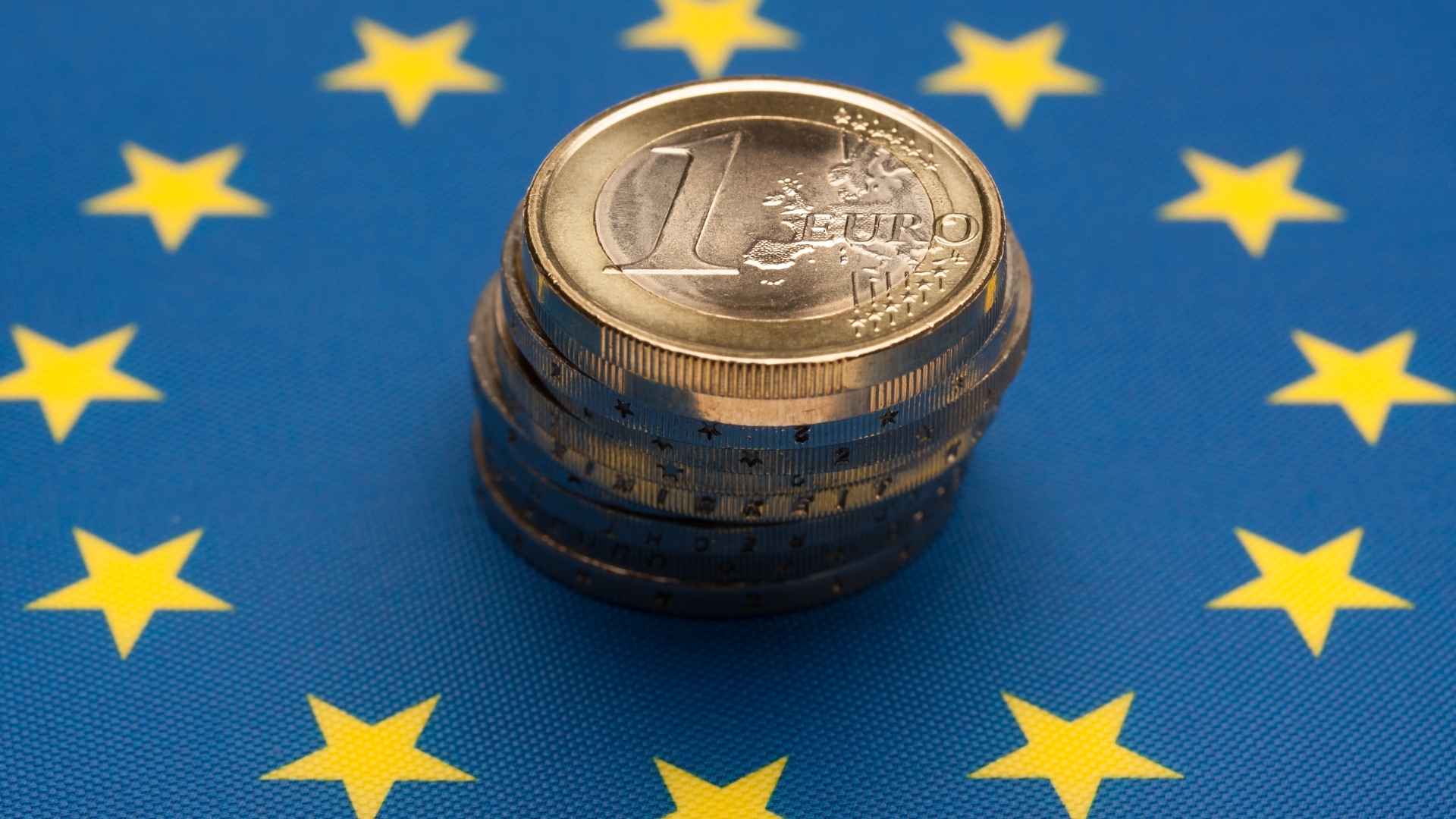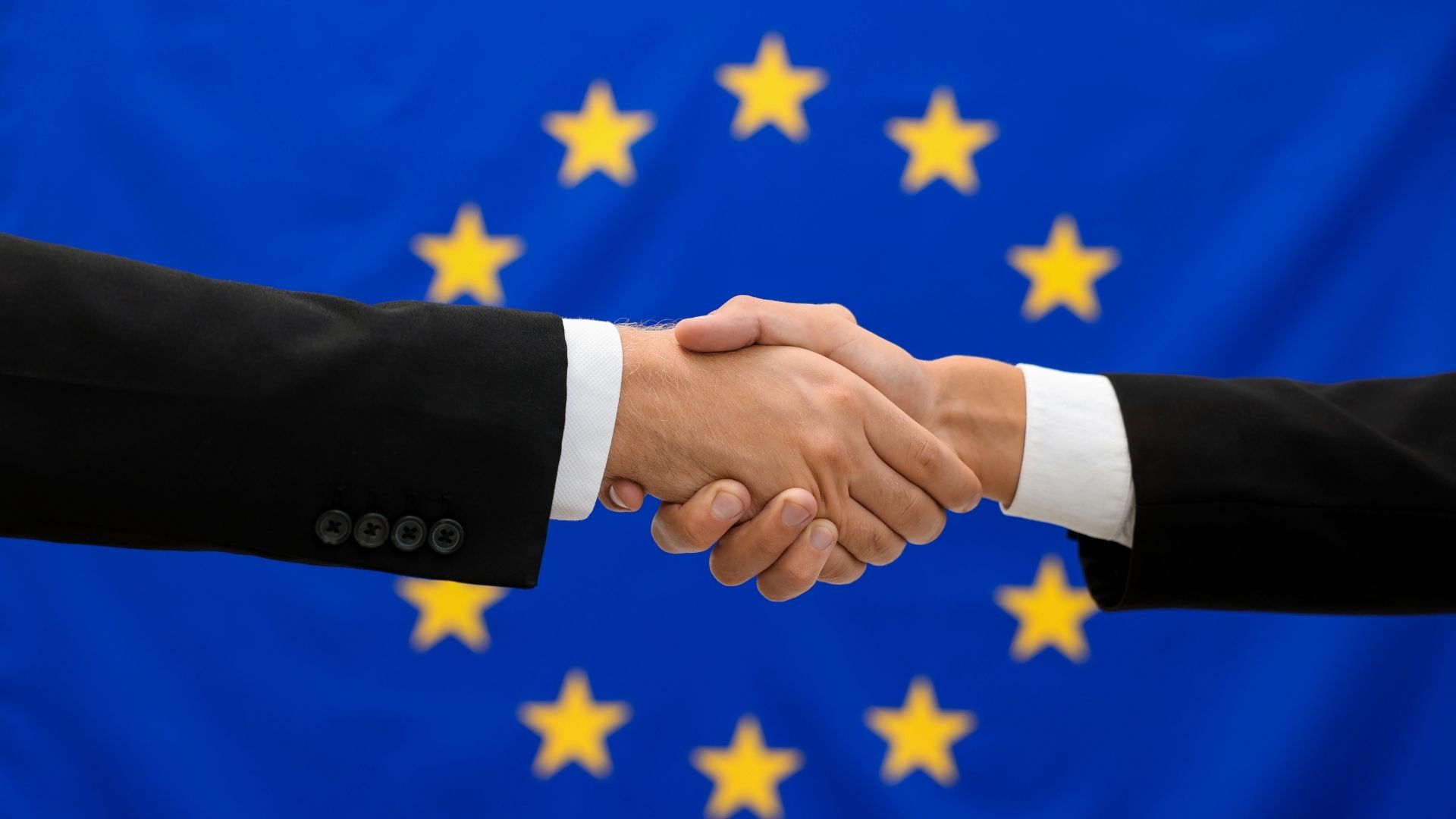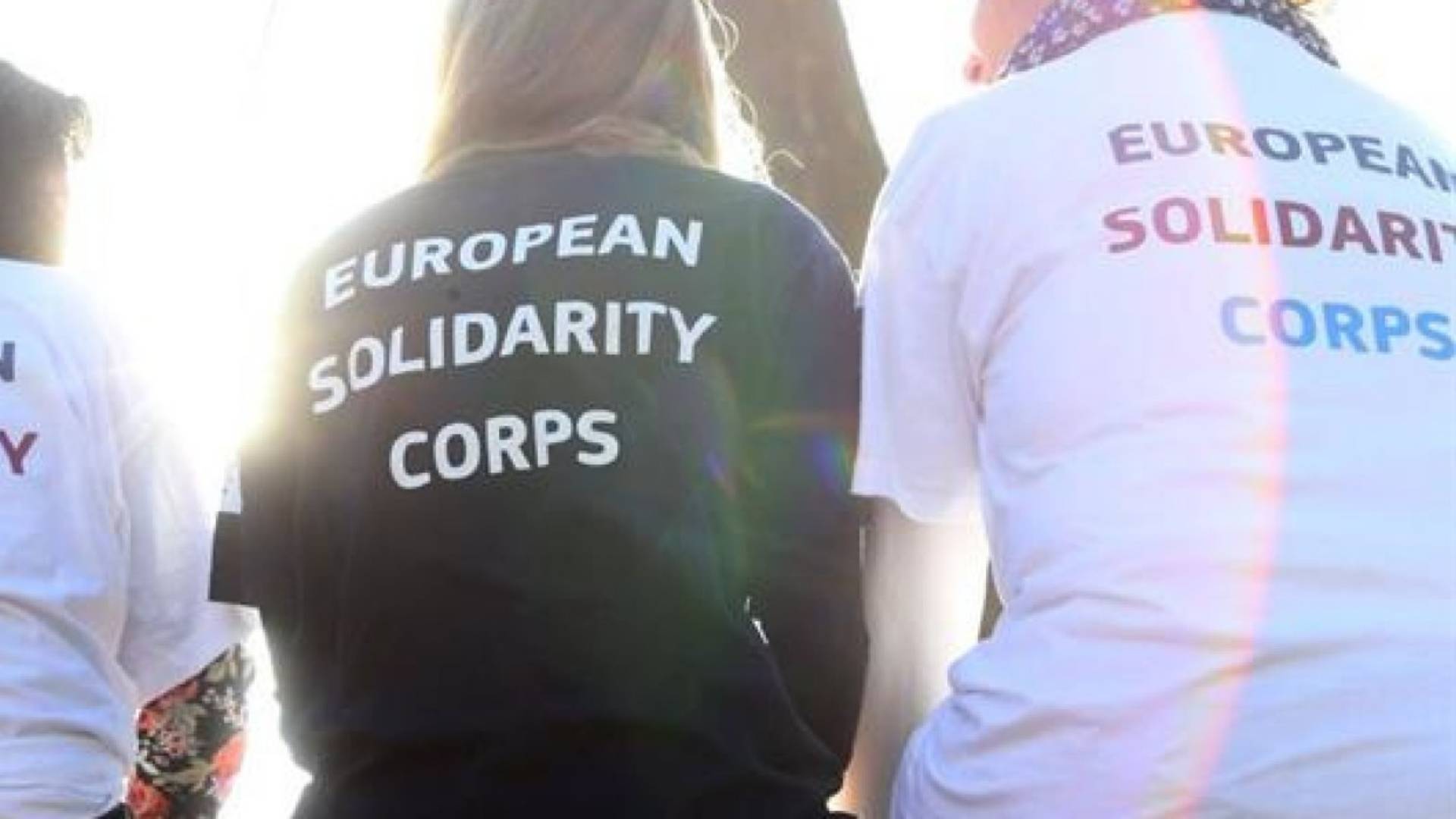Europe is YOURS
Discover the Blue Book Traineeship at the European Commission’s Directorate-General for Translation
After years of classes, exams, and late-night study sessions, it’s finally time to put your linguistic skills into practice. And what better place than the Directorate-General for Translation, DG Translation, at the European Commission? Twice a year, the Commission welcomes hundreds of young graduates from both inside and outside the EU for a prestigious five-month traineeship. This is your chance to get a behind-the-scenes look at the institutions, immerse yourself in a dynamic and stimulating environment, and directly contribute to how the EU communicates with its citizens in all its official languages.
What is the Directorate-General for Translation?
The DG Translation is where the Commission’s voice becomes multilingual. It is the largest translation service in the world in terms of staff and linguistic diversity. The numbers speak for themselves: translations are carried out in all 24 official EU languages, with more than 500 possible language combinations. Each year, over 2 million pages are translated by a team of about 1,600 translators and language experts working in Brussels and Luxembourg.
What’s in it for you?
As a trainee, you will be directly involved in translating EU laws, policies, reports, and press releases. You will edit and revise original texts, contribute to the management of IATE, the EU’s vast terminology database, and even take part in the development of advanced language tools and AI-driven translation systems.
On top of the professional experience, the traineeship includes a monthly allowance that makes living in Brussels or Luxembourg comfortable. You will join an international network of peers who share your passion for languages and public service, gain insider knowledge of how institutions really work, and enrich your CV with an experience that opens doors across Europe.

How to submit a strong application
The traineeship is designed for young graduates, which makes the requirements very accessible for anyone with a passion for languages. The starting point is a completed bachelor’s degree, combined with advanced knowledge of English, French, or German at C-level on the CEFR scale, since these are the Commission’s main working languages. As this is a translation traineeship, you also need to demonstrate knowledge of other languages at intermediate level, and the more languages you can offer, whether European or not, the better.
Besides showcasing your motivation, you have to make sure that everything you include in your application, from language skills and academic qualifications to work or volunteer experience, can be proved (with your diploma, certificates and any other relevant document). The secret to a strong application is not to list countless past internships but to highlight what you have done, explain why it matters, and show how it connects to the opportunity offered by the Commission. This is crucial as the Commission values candidates who do show enthusiasm but also the ability to deliver quality work in a challenging and sometimes competitive environment. Authenticity is key! So let your personality and story come through, this is what will make you stand out among thousands of candidates.
Why apply now?
Imagine yourself five months from now. You are living in Brussels, working on real EU texts, meeting colleagues from Portugal, Sweden, and Croatia, attending international events, and discovering the city on weekends. This is more than just a traineeship: it is an adventure that combines career growth, cultural exploration, and personal development. And above all, you will be helping to make Europe a little more understandable for its 450 million citizens.
If you’re passionate about languages and curious to explore European affairs and the opportunities that institutions offer to young people, you can turn to the SSML International Career and Mobility Office to get support with your application for this, and many other, traineeships!






